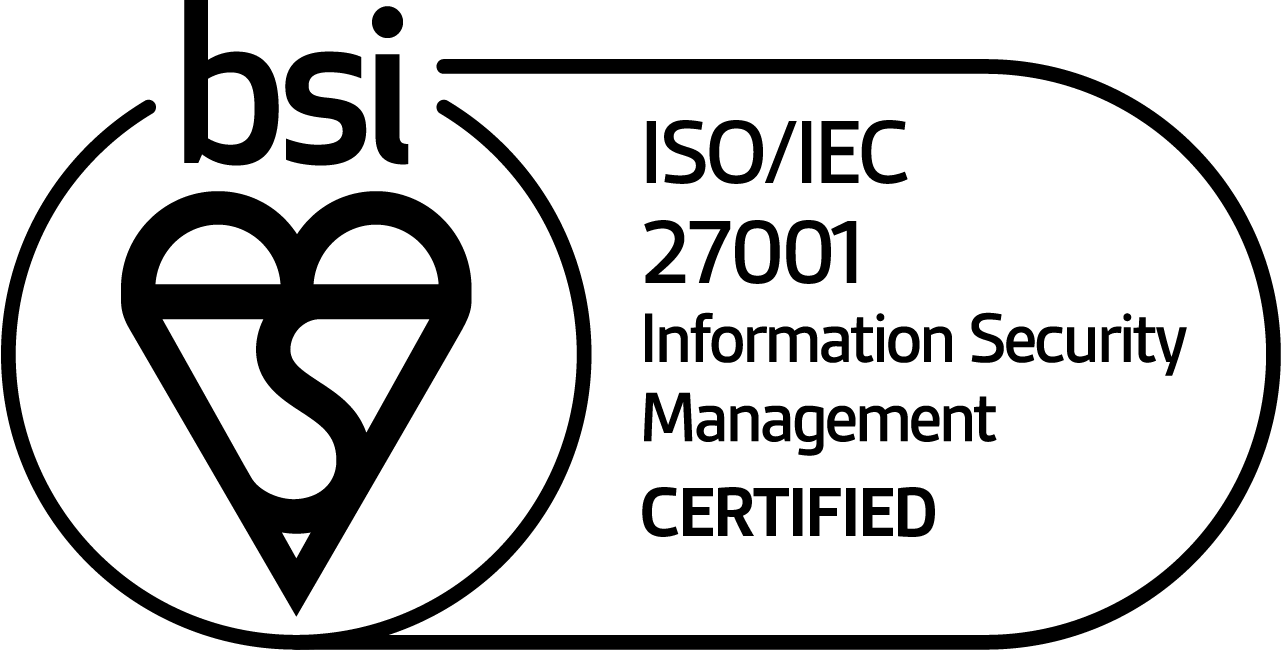
How to reduce the number of write-offs significantly
- Rick Dijkers | Credit Manager | SUEZ Netherlands
We produce over 500 kg of waste per person per year. At the office, at home or on the street, we throw things away wherever we are. Very valuable, according to SUEZ. With more than 160 years of experience, SUEZ is one of the world’s biggest companies that focuses on recycling. As the driving force behind the resource revolution, SUEZ uses waste as a new resource. They develop smart solutions for transforming waste into new products. In the Netherlands alone, SUEZ collects the waste of over 60% of Dutch municipalities and offers its services to more than 80,000 companies. Well-organized Credit Management is a must for a company that size.
Looking ahead is the key to success
“A lot has changed in the world of credit management in the past ten years,” says Rick Dijkers, Credit Manager at SUEZ Nederland. When Rick started as debtor team leader, everyone was responsible for their own specialist area, but no-one felt responsible for the client. “We’ve been able to change this to a full sense of responsibility. Everyone within the Credit & Control team is now responsible for the complete service of a customer portfolio. These all-round teams result in a customer-specific approach and make sure that the work is never held up.”
Rick has defined a credit management policy for SUEZ Nederland as part of the transformation to all-round teams. A customer acceptance procedure was introduced within the new policy. Rick emphasizes the importance of the credit management policy. “To avoid risks, you need information before going into business with a company. In 2014, we started looking for a party that matched this working procedure better. After extensive research, CreditDevice came out best.”rig onderzoek kwam CreditDevice als beste uit de verf.”
CreditDevice Infoscore module
A successful customer acceptance process depends entirely on correct information. SUEZ uses the CreditDevice InfoScore module for a smooth customer acceptance process. InfoScore is a decentralized product that uses a set of rules designed by SUEZ in cooperation with CreditDevice. “The reason why CreditDevice matches our working methods so well,” explains Rick, “is the fact that they’re not just a supplier but rather a cooperation partner. In consultation, we have determined and configured the criteria for customer acceptance. InfoScore shows us a company’s financial status immediately and whether or not it’s wise to do business with them. InfoScore offers us clear advice that is reflected in our decision-making.” Analysing the risks helps SUEZ determine the sales conditions, such as advance payment, direct debit or in cases of large amounts, a bank guarantee. “Based on this information, you can assign an individualized dunning strategy to each customer. This gives you a clear view of your high-risk customers and helps you to manage your debtor control more effectively.”
Good cooperation
Communicating with the sales department has become much easier now that InfoScore helps to give them a clear picture of why we should or should not do business with a customer. This could be quite difficult in the past when credit management was an issue. “Before the implementation of the credit management policy the sales department itself was responsible for the customer acceptance process,” Rick says. “The result was that the Credit & Control department was brought in afterwards to solve problems when an invoice wasn’t paid”. Good cooperation makes sure that you know beforehand whether it is commercially viable to visit a prospect and do business.
A win-win situation for both the Sales and Credit & Control departments
The introduction of the new working method wasn’t all that easy initially. “The sales department feared the loss of turnover,” Rick explains. “They assumed that at least half of their prospects would be declined. By working with InfoScore and involving the Sales department in the process, the Credit & Collection department was able to show that the new working method brings nothing but advantages. Instead of losing turnover, the Sales department spends way less time ‘hunting’ non-paying customers. This gives the salespeople more time to do real business. A win-win situation for both parties.”
70% fewer write-offs
Besides improving internal processes, a sound customer acceptance process also leads to a reduced DSO (Days Sales Outstanding) and an improved cashflow. That is why Rick is extremely satisfied with the results since the new customer acceptance procedure was introduced: a decline in the number of write-offs by over 70%. “That is quite some profit. It means not only that you have fewer write-offs, but also that you get to spend your time more efficiently. That might well be our biggest gain.”


